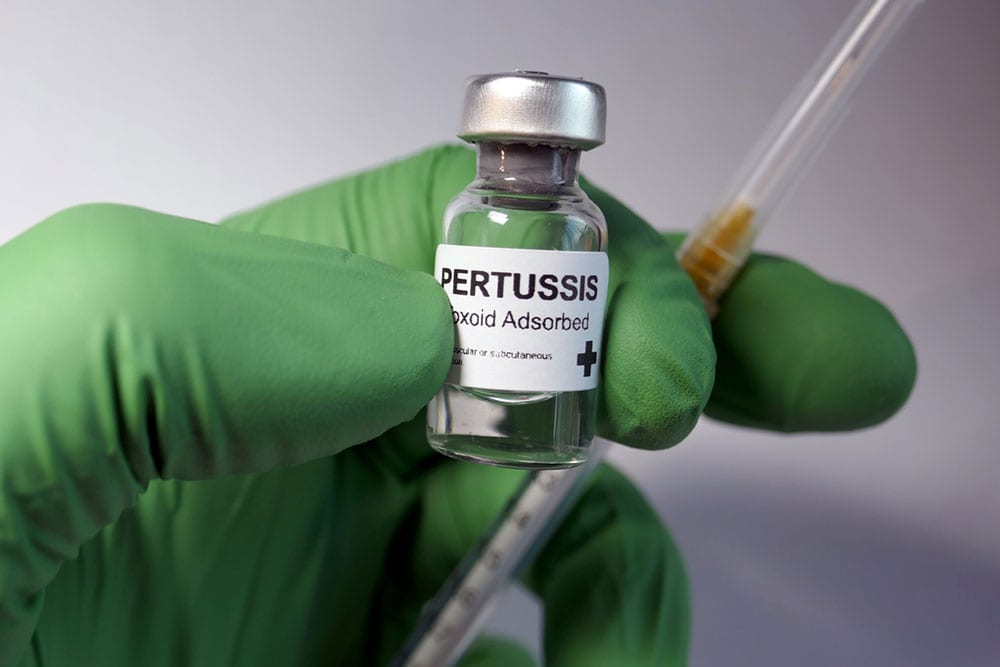According to researchers from the University of New South Wales, whooping cough bacteria are becoming smarter at colonising and feeding off unwitting hosts – regardless of whether they have been vaccinated.
Australia’s whooping cough epidemic from 2008 to 2012 revealed the rise of evolving strains able to evade vaccine-generated immunity.
In a world-first discovery, UNSW researchers have now shown that the evolving strains made additional changes to better survive in their host, regardless of that person’s vaccination status. They also identified new antigens as potential vaccine targets.
Microbiologist Dr Laurence Luu, who led the team of researchers with Professor Ruiting Lan, said whooping cough’s ability to adapt to vaccines and survival in humans might be the answer to its surprise resurgence despite Australia’s high vaccination rates.
“The bacteria that cause whooping cough are becoming better at hiding and better at feeding – they’re morphing into a superbug,” Dr Luu said.
“We do need a new vaccine that can better protect against the evolving strains, stop the transmission of the disease and provide longer-lasting immunity.”
Despite the calls for a new vaccine, it remains crucial for people to still be vaccinated to prevent the spread of whooping cough.
Prof Lan said while he would like to see a new vaccine developed and introduced in the next five to 10 years, the research team’s important discovery did not render Australia’s whooping cough vaccine redundant.
“It is critical that people are vaccinated to prevent the spread of whooping cough – the current vaccine is still effective for protecting against the disease – but new vaccines need to be developed in the long-term,” Prof Lan said.
All babies under six months old – in particular, newborns not protected by maternal immunisation – are at risk of catching whooping cough because they are either too young to be vaccinated or have not yet completed the three-dose primary vaccine course.
In addition to babies under six months having a high risk of catching the disease, the elderly, people living with someone who has whooping cough and people who have not had a booster in the past 10 years, are also most at risk.







